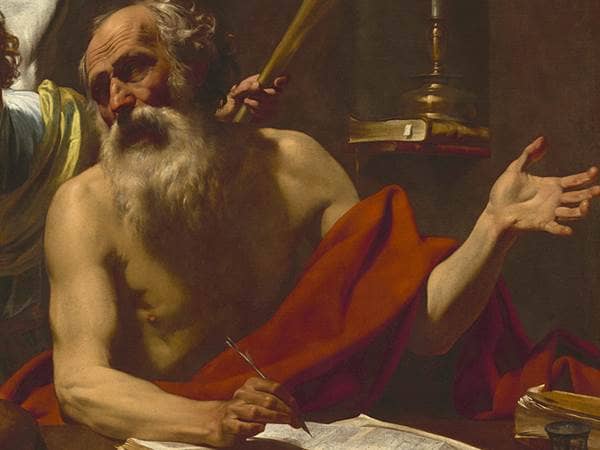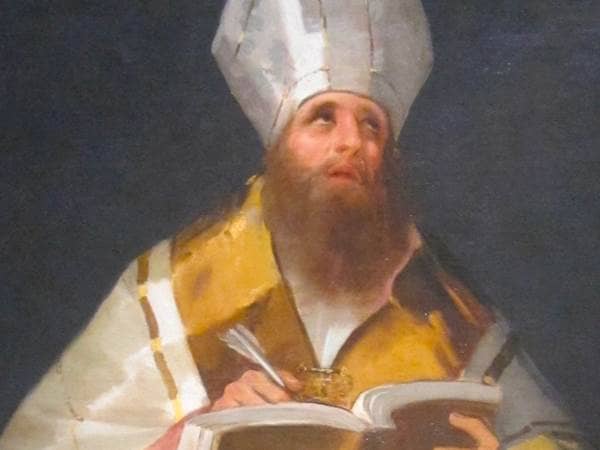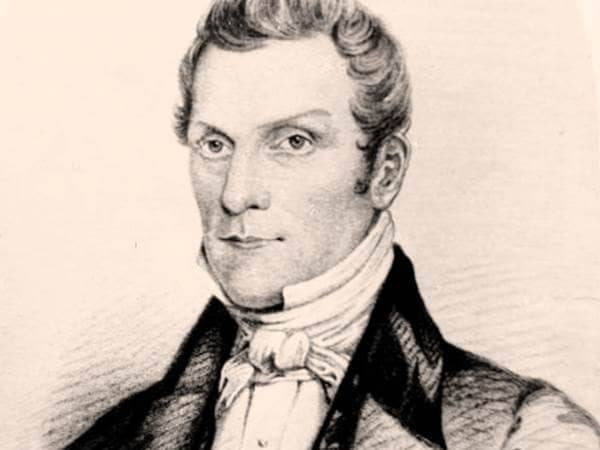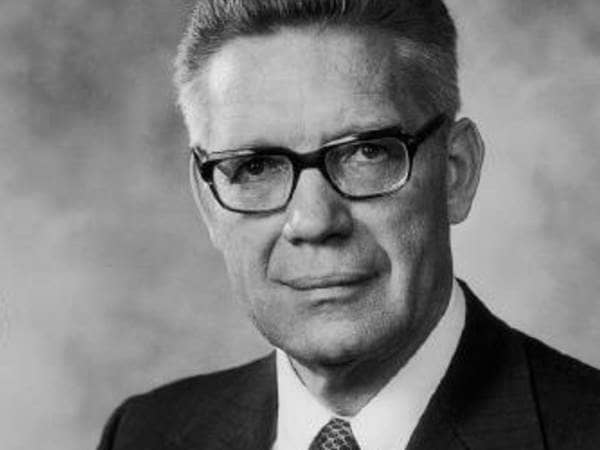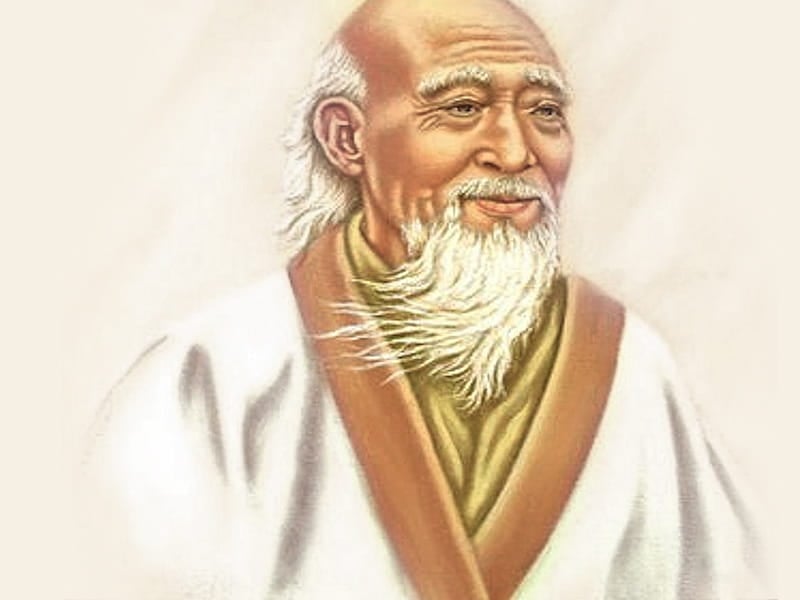
- Lived: 4th-6th century BCE (The Ancient Era)
- Nationality: Chinese
- Known for: Founder of Taoism
Laozi's biography is based on legend. Many contemporary historians, in both the West and the East, believe that as an historical figure Laozi never existed at all. The first record of a biography of Laozi dates around 100 BCE. Within this biography are two stories: the first is that Laozi was an archivist for the state of Zhou and that Confucius consulted with him on ritual matters, and that Laozi offered a critique of Confucius's teachings. The second story—almost certainly an older legend— says Laozi, believing the state of Zhou was in decline, decided to leave China and the gatekeeper insisted that before he left, he should record his teachings for posterity; the Tao de jing was the result.
Some legends claim Laozi became the Buddha after leaving China, or that he was the Buddha's teacher. One long-enduring and popular legend of Laozi is that his virginal mother conceived him through the radiance of the Pole Star (a central symbol of Taoism). She carried him for 81 years, although he would leave her body each night to study the Tao, and finally she gave birth to an old man with white hair and beard (hence his name, Laozi, one translation of which is "Old Child"). A large body of sacred literature about Laozi portrays him as existing before the universe was created, the source of the Tao, and sovereign lord of the spirit realm, to return and overthrow the unfair government. This motif would be repeated by a number of messianic cults in subsequent centuries.
Around 142 CE, Zhang Taoling said Laozi appeared to him in visions, and warned him the end of the world was coming, and that he must instruct his followers to repent their sins and purify themselves in preparation to be the "seed people" for a new age. Many scholars regard Zhang Taoling as the true founder of Taoism. Zhang's grandson swore fealty to the Han general Cao Cao, whose son would become the founder of the Wei dynasty. Many members relocated north to the home of the Wei, where some were granted titles and property. This spread Taoism from Sichuan to other areas of China. The movement Zhang Taoling founded lasted throughout the centuries and continues today; in Taiwan, the current leader is regarded as a direct descendant of Zhang Taoling.
Laotzi and Taoism are most associated with the Daode jing (or Tao Te Ching), a book purportedly written by Laozi, which focuses on dao as a "way" or "path"—that is, the appropriate way to behave and to lead others; it also decsribes the Tao as something that existed "before Heaven and Earth," a primal and chaotic matrix from which all forms emerged. Taoism has approximately 20 million practitioners today.
Some legends claim Laozi became the Buddha after leaving China, or that he was the Buddha's teacher. One long-enduring and popular legend of Laozi is that his virginal mother conceived him through the radiance of the Pole Star (a central symbol of Taoism). She carried him for 81 years, although he would leave her body each night to study the Tao, and finally she gave birth to an old man with white hair and beard (hence his name, Laozi, one translation of which is "Old Child"). A large body of sacred literature about Laozi portrays him as existing before the universe was created, the source of the Tao, and sovereign lord of the spirit realm, to return and overthrow the unfair government. This motif would be repeated by a number of messianic cults in subsequent centuries.
Around 142 CE, Zhang Taoling said Laozi appeared to him in visions, and warned him the end of the world was coming, and that he must instruct his followers to repent their sins and purify themselves in preparation to be the "seed people" for a new age. Many scholars regard Zhang Taoling as the true founder of Taoism. Zhang's grandson swore fealty to the Han general Cao Cao, whose son would become the founder of the Wei dynasty. Many members relocated north to the home of the Wei, where some were granted titles and property. This spread Taoism from Sichuan to other areas of China. The movement Zhang Taoling founded lasted throughout the centuries and continues today; in Taiwan, the current leader is regarded as a direct descendant of Zhang Taoling.
Laotzi and Taoism are most associated with the Daode jing (or Tao Te Ching), a book purportedly written by Laozi, which focuses on dao as a "way" or "path"—that is, the appropriate way to behave and to lead others; it also decsribes the Tao as something that existed "before Heaven and Earth," a primal and chaotic matrix from which all forms emerged. Taoism has approximately 20 million practitioners today.
Back to Search Results
